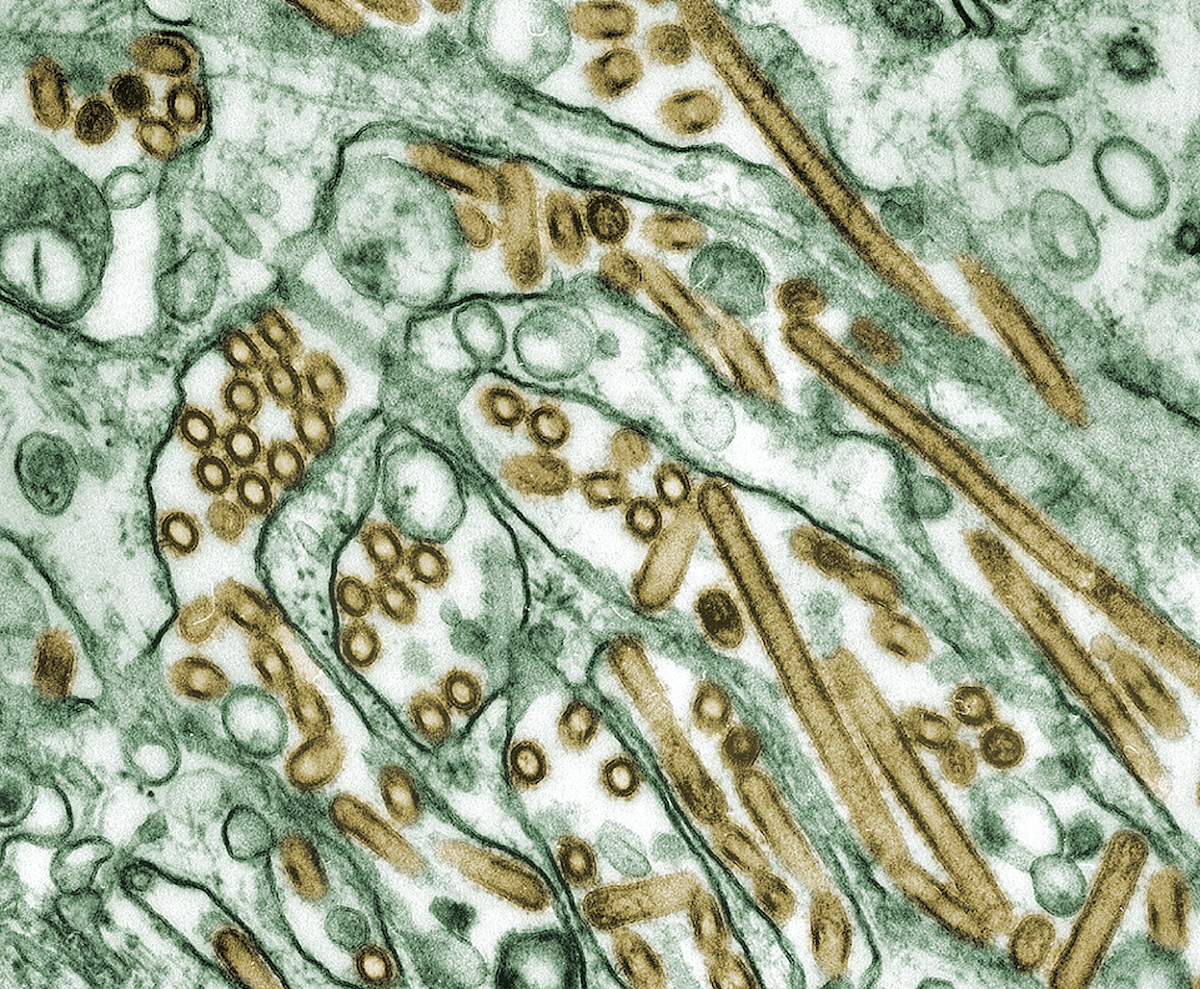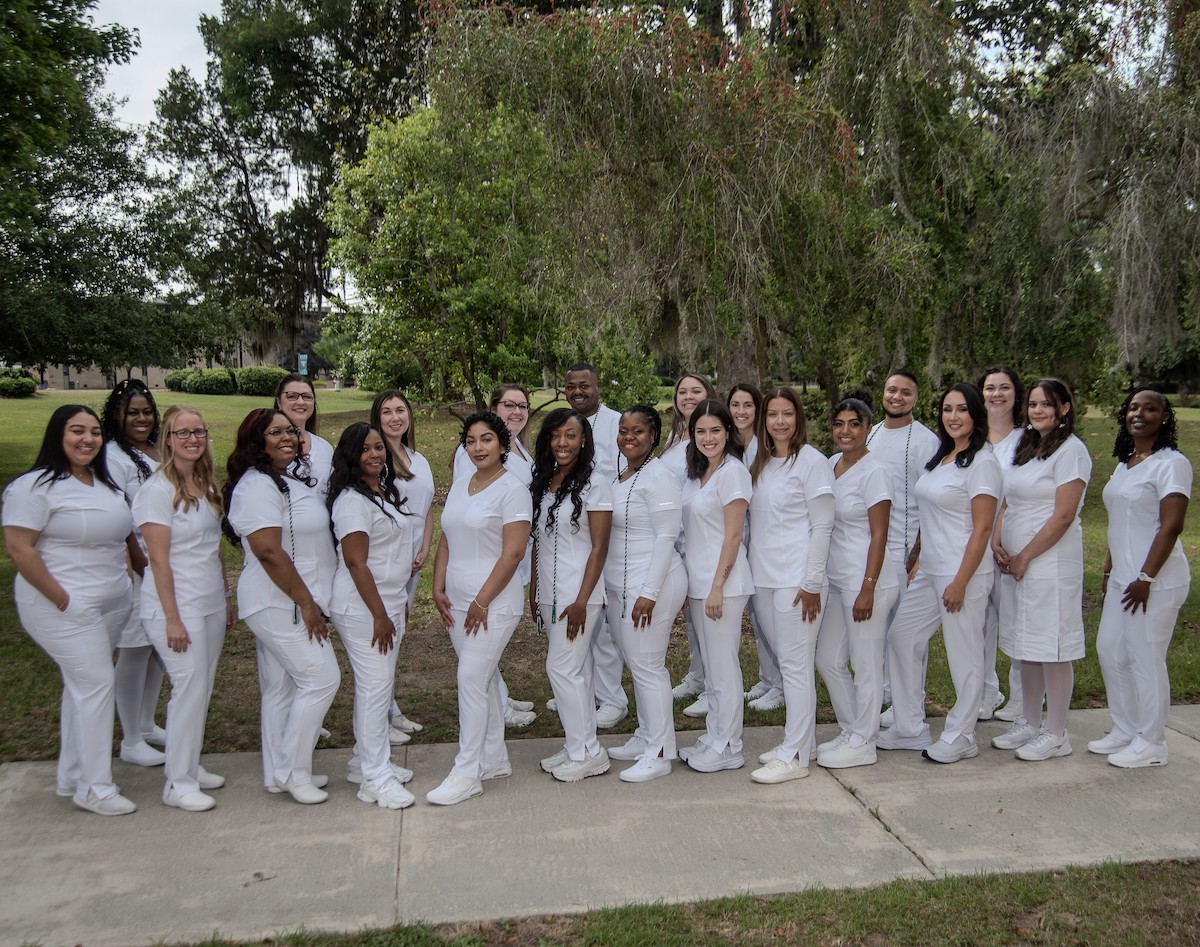Eyeglasses for students boost academic performance, raise test scores
In what may be the largest clinical study ever conducted in the United States of the impact of glasses on classroom performance, Johns Hopkins researchers report that students who received eyeglasses through a school-based program scored higher on reading and math tests. The findings, they say, could lead to improved learning for millions of children who suffer from vision impairment and lack access to pediatric eye care.
The study was published Sept. 9, 2021, in JAMA Ophthalmology.
“We rigorously demonstrated that giving kids the glasses they need helps them succeed in school,” says study senior author Megan Collins, M.D., M.P.H., a pediatric ophthalmologist at the Johns Hopkins Wilmer Eye Institute at the Johns Hopkins University School of Medicine, associate faculty at the Johns Hopkins Berman Institute of Bioethics, and co-director of the Johns Hopkins Consortium for School-Based Health Solutions.
Conducted from 2016 to 2019, the three-year clinical study by Johns Hopkins Medicine researchers linked access to eyeglasses with higher test scores, especially for students having the most trouble in school. The trial analyzed the performance of 2,304 students in third through seventh grades who received screenings, eye examinations and eyeglasses through a vision program. The research team studied the students’ scores on standardized reading and math tests, measuring both one-year and two-year impacts.
Reading scores increased significantly after one year for students who received glasses, compared with students who got them later. There also was significant improvement in math for elementary school students.
The researchers found particularly striking improvements for girls, special education students and students who had previously been among the lowest performing.
“The glasses offered the biggest benefit to the very kids who needed it the most—the ones who were really struggling in school,” Collins says.
The academic improvements seen after one year were not sustained over two years. The researchers suspect this could be a result of students wearing their glasses less over time, possibly due to losing or breaking them.
To maintain the academic achievement seen after the first year, the researchers say that—in addition to providing the initial exams and glasses—school-based vision programs should develop stronger efforts to make sure children are wearing the glasses received and replace them if needed.
Source: https://www.hopkinsmedicine.org/news/newsroom/news-releases/eyeglasses-for-students-boost-academic-performance-raise-test-scores
Exclusive content from CARE magazine











